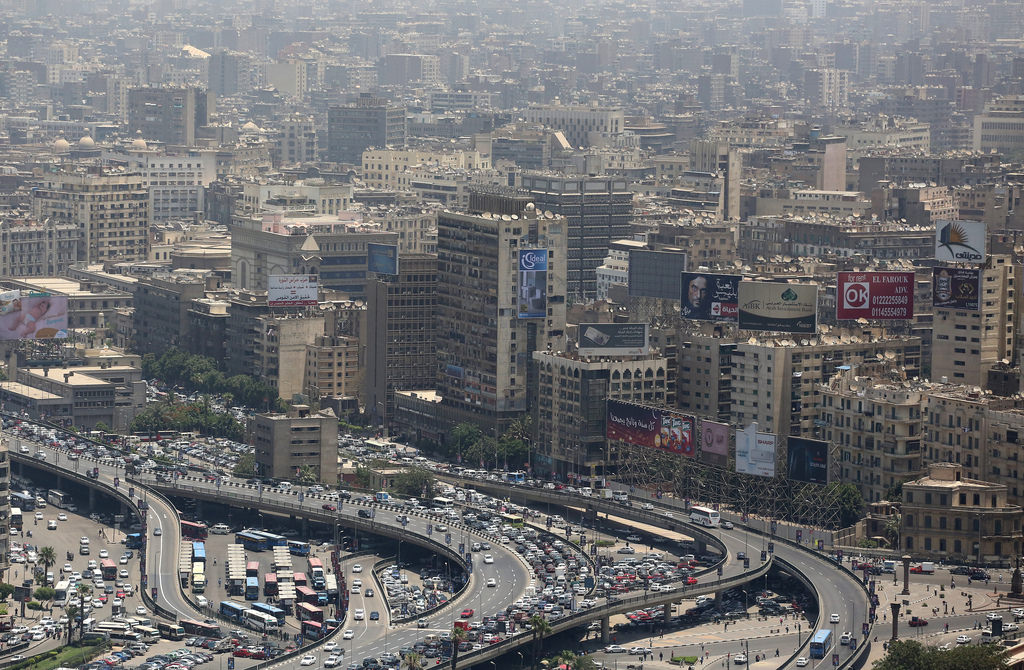Banks in the Middle East are characterized by a strong fragmentation of players, although concentration effects are at work. Although the number of banks varies greatly between countries, there are monopolistic tendencies by certain banking groups throughout the region.
In Israel for example, 5 banking groups control 98% of the market. This predominance is often marked by public banking institutions, as in Egypt where the country’s two largest state banks – National Bank of Egypt (NBE) and Banque Misr – alone hold more than half of the assets. The importance of banking systems in the economy also differs between countries, with bank assets representing between 185% of GDP in Jordan to just 56% of GDP in Iraq in 2022 (136% for Israel, 145% for Iraq). Egypt, 93% for the Palestinian Territories).
The region’s banking systems were built over very varied time frames and operating modes, whose characteristics are very heterogeneous, particularly in terms of robustness in the face of vulnerabilities.
The BICRA (Banking Industry Country Risk Assessment) of the S&P rating agency reflects these regional disparities in terms of banking risk, although a large majority of countries in the Middle East have not yet been assessed. While Israel is among the most robust banking systems (Group 3), Jordan and Egypt are in risk levels 8 and 9 respectively, particularly regarding their credit risk in the economy and their lack of resilience economic.
Furthermore, multiple governance risks exist:
1) shareholding too fragmented
2) underinvestment in the private sector
3) establishment of crony capitalism
4) overrepresentation of investments in government securities
5) multiplication of conflicts of interest.
Likewise, despite significant financial flows to the public sector, these investments do not systematically reflect the efficiency and good condition of public goods.
Foreign banks occupy varied positions in the different banking markets, with a visible withdrawal of European banks in the region.
Indeed, European banks, including French banks, have gradually limited their financial involvement in the region due in particular to political considerations and financial sanctions imposed on banking institutions; difficulties in implementing international regulatory standards; heterogeneous banking performances and the structuring of banking markets with phenomena of market concentration by publicly owned banks.
In terms of regional banking interconnections, the involvement of Lebanese banks, particularly in Jordan and Syria, was significantly reduced following the economic and financial crisis of 2019.
Gulf banks, on the other hand, occupy an increasingly important place in the landscape of foreign banks in the Middle East.








Réagissez à cet article